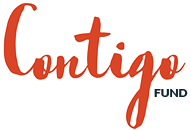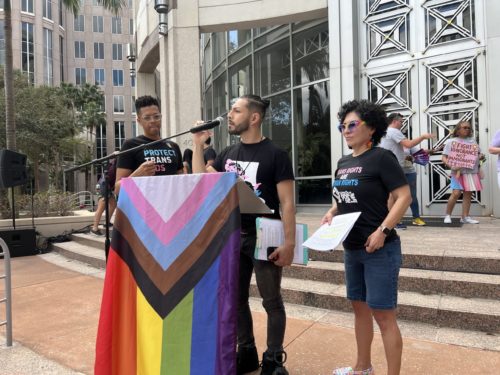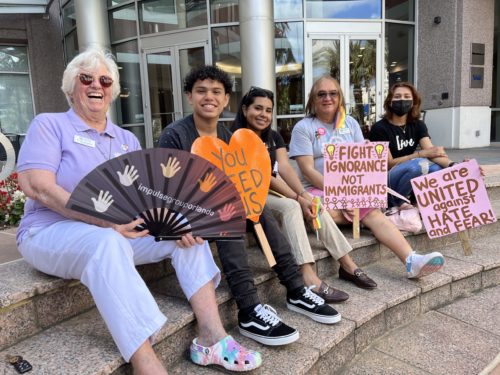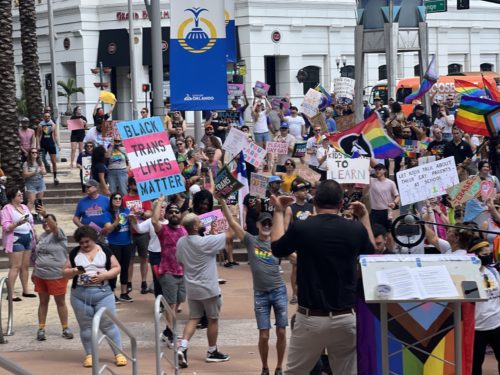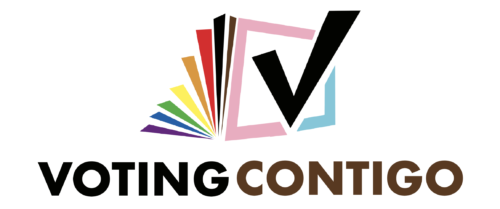About Voting Contigo 2024 Grants
In Florida today, a significant portion of the population continues to face barriers to meaningful engagement in the political, economic, and cultural spheres that impact their daily lives. Decades of entrenched systemic disparities have resulted in a democracy that inadequately mirrors the diversity of modern America. Historically marginalized communities, including individuals who identify as Queer, people of color, women, immigrants, individuals with disabilities, young people, and residents of rural areas, have long been disenfranchised, unable to fully exercise their right to participate in American democracy on an equal footing.
Moreover, the integrity of democratic institutions across the United States has come under unprecedented pressure due to the influence of authoritarian figures. Public trust in government has been steadily eroded, exacerbated by the rollback of critical safeguards such as the Voting Rights Act, the propagation of harmful disinformation campaigns fueled by profit-driven tech giants, the enactment of Anti-Voting Laws, and the persistent practice of partisan gerrymandering within Florida.
As a result, a significant portion of the population is effectively shut out from engaging with their government and shaping policies that directly impact their well-being. This exclusion perpetuates a cycle of inequality, as policies continue to cater to the interests of the privileged few, further widening the gap between those with power and resources and those without. As we approach future election cycles, it is imperative that we work towards dismantling these barriers to participation and fortifying the foundations of a more inclusive and representative democracy in Florida. By empowering all voices and ensuring equitable access to the political process, we can strive towards a more just and prosperous future for all residents of the Sunshine State.
